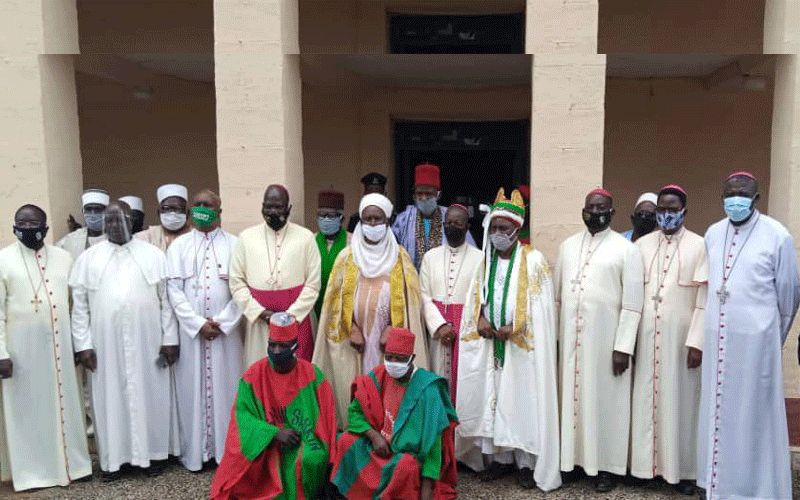Kaduna, 24 August, 2020 / 7:36 pm (ACI Africa).
The Catholic Bishops of Nigeria’s Kaduna Ecclesiastical Province within the territory of Kaduna State have expressed their pain over continued “senseless killings” in their pastoral jurisdiction and urged the people of God in the affected areas to end “the culture of death” immediately.
The Bishops who had paid a courtesy call to the Chiefs of Kagoro and the Emir of Jama’a in Southern Kaduna Saturday, August 22 also said that “the mindless slaughtering” of innocent citizens had painted Kaduna State in a bad light “to the rest of the world.”
“We, your shepherds are calling on you to please pause, sheath your swords and to please end the senseless killings, not tomorrow but now,” Archbishop Matthew Man-oso Ndagoso has been quoted as saying on behalf of the members of the Ecclesiastical Province of Kaduna.
Archbishop Ndagoso added, “Like other Nigerians across the country, we have watched with deep sorrow and pain, the mindless slaughtering of hundreds of our innocent citizens in your different communities across our province and beyond.”
“The Church is pained by the trauma that has been inflicted on our collective psyche. We are pained by the culture of death that has made life so cheap for the most vulnerable in our society,” Archbishop Ndagoso who is the Local Ordinary of Kaduna Archdiocese further said.








